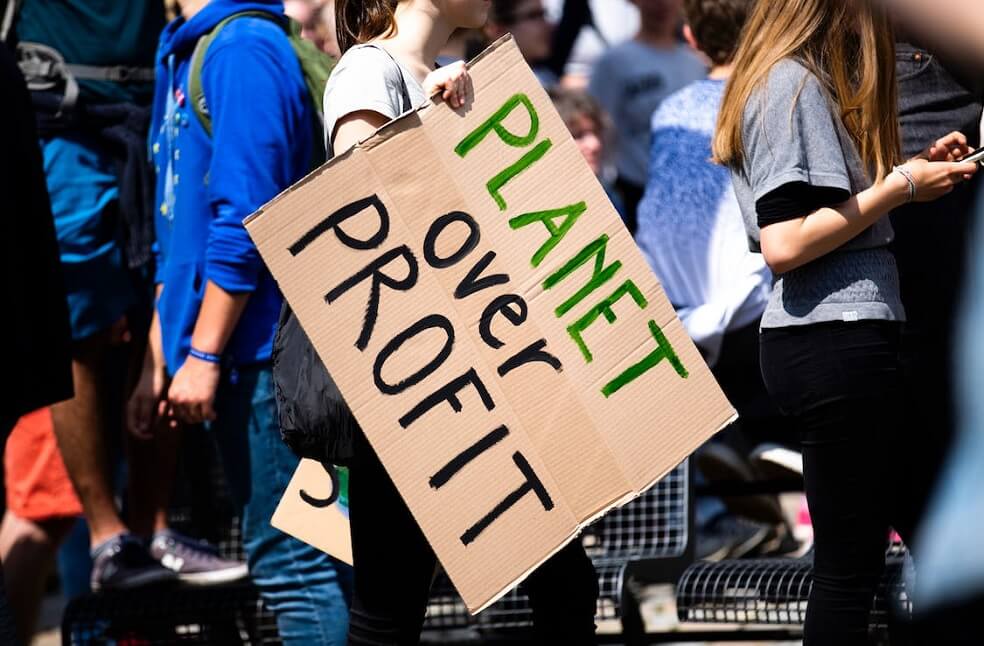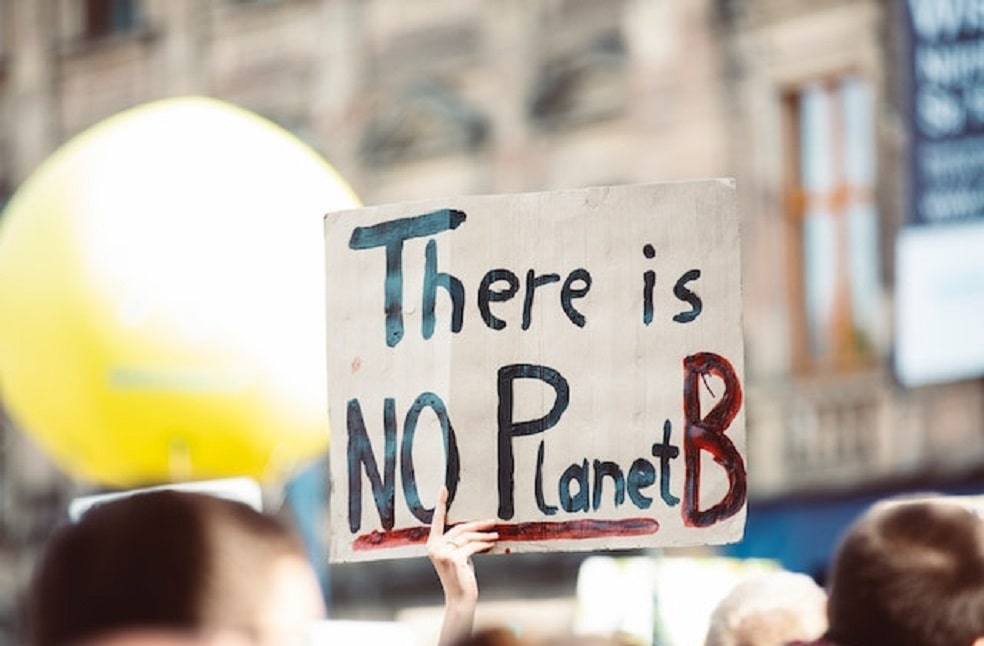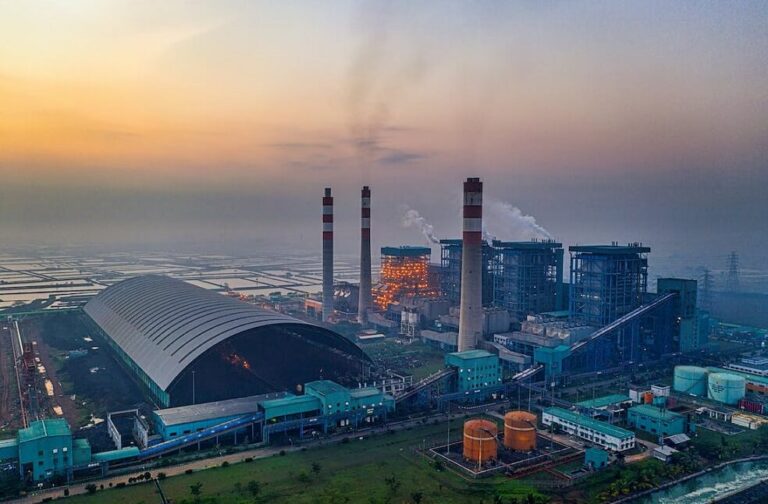United Kingdom: A recent analysis by the World Wide Fund (WWF) has stated that the UK government is not meeting its targets for reducing greenhouse gas emissions from farming and land use, which fall short of promises made in its net zero strategy. WWF used data from the government’s carbon budget delivery plan to show that projected emissions reductions for agriculture and land use until 2037 were 58 percent less than the figures underpinning the original net zero strategy. This equates to the entire UK building sector’s emissions.
The UK government replaced the EU’s common agricultural policy, which paid land managers based on the amount of land they were responsible for, with environmental land management schemes after Brexit. However, the expected total emission reductions for farming until 2037 in the new plan are 38 percent lower than the government’s original net zero strategy. The plan also omits actions to support a shift to more sustainable diets.

Additionally, the total projected emission benefits from tree planting until 2037 are 85 percent lower than previously claimed, with tree planting rates currently only at half the required amount to be in line with net zero. The total projected emission benefits from peatland restoration are 80 percent lower than the equivalent emissions from peatland promised in the original net zero strategy, despite peatlands being some of the most carbon-rich areas.
Environmental campaigners are concerned that this lack of ambition will not only hinder efforts to achieve net zero but also have negative consequences for wildlife and biodiversity, which would benefit from better nature restoration policies.

Mr. Angela Francis, the director of policy solutions at WWF, commented that “from our economy to the food and drink we consume, nature underpins everything that makes our lives possible. However, these figures show the government has knowingly settled for a lack of ambition, making it painfully clear that the gap we face to tackle the climate and nature crises is greater than ever.”
“We need a proper decarbonization plan for agriculture, proper investment to support farmers’ transition to regenerative farming, and meaningful action to support sustainable diets. We cannot halt the nature and climate crises unless we transform the way we use our land. Investment to reward farmers is a vital step to provide what is necessary to meet our climate and environmental goals, reduce emissions, and save our wild islands,” Mr. Francis added.



